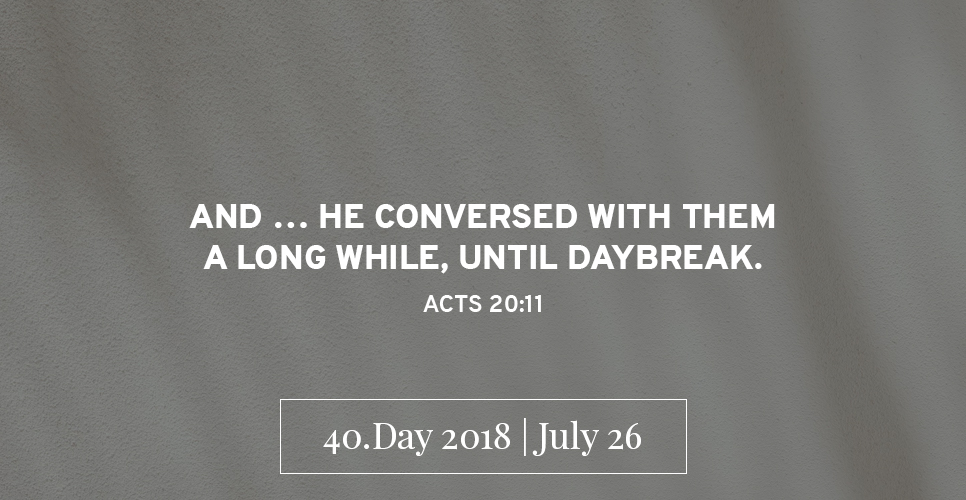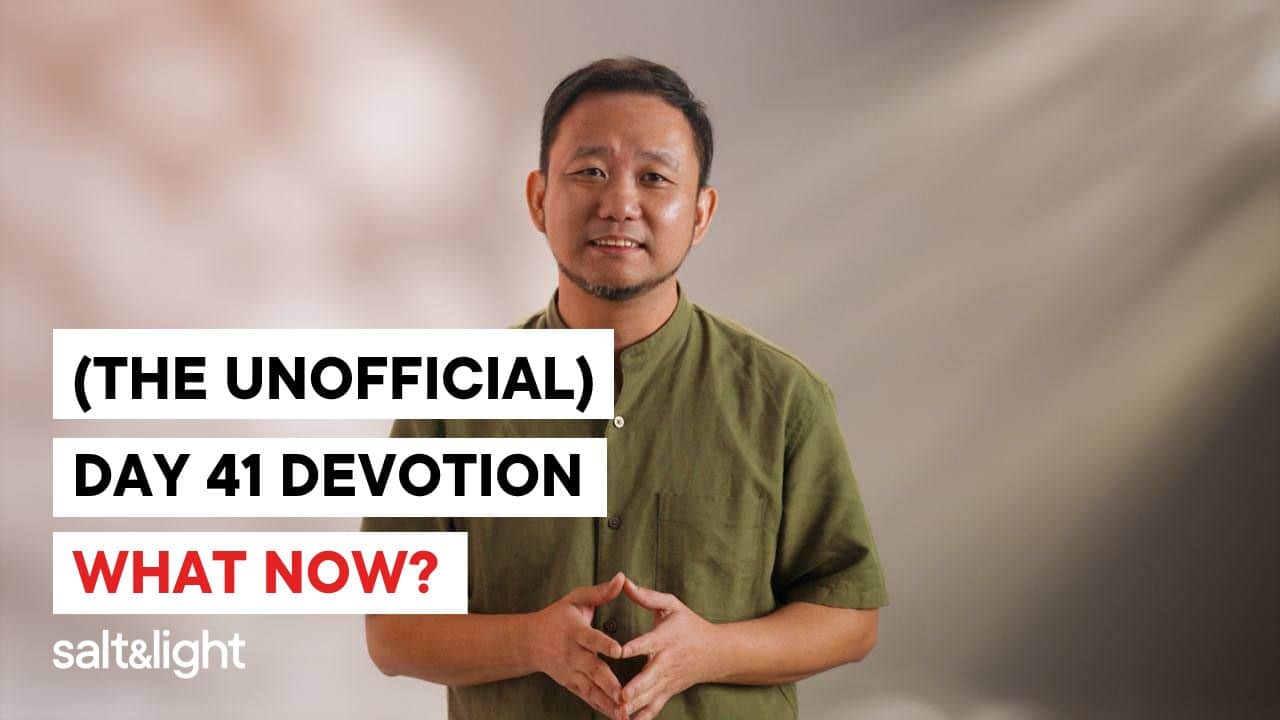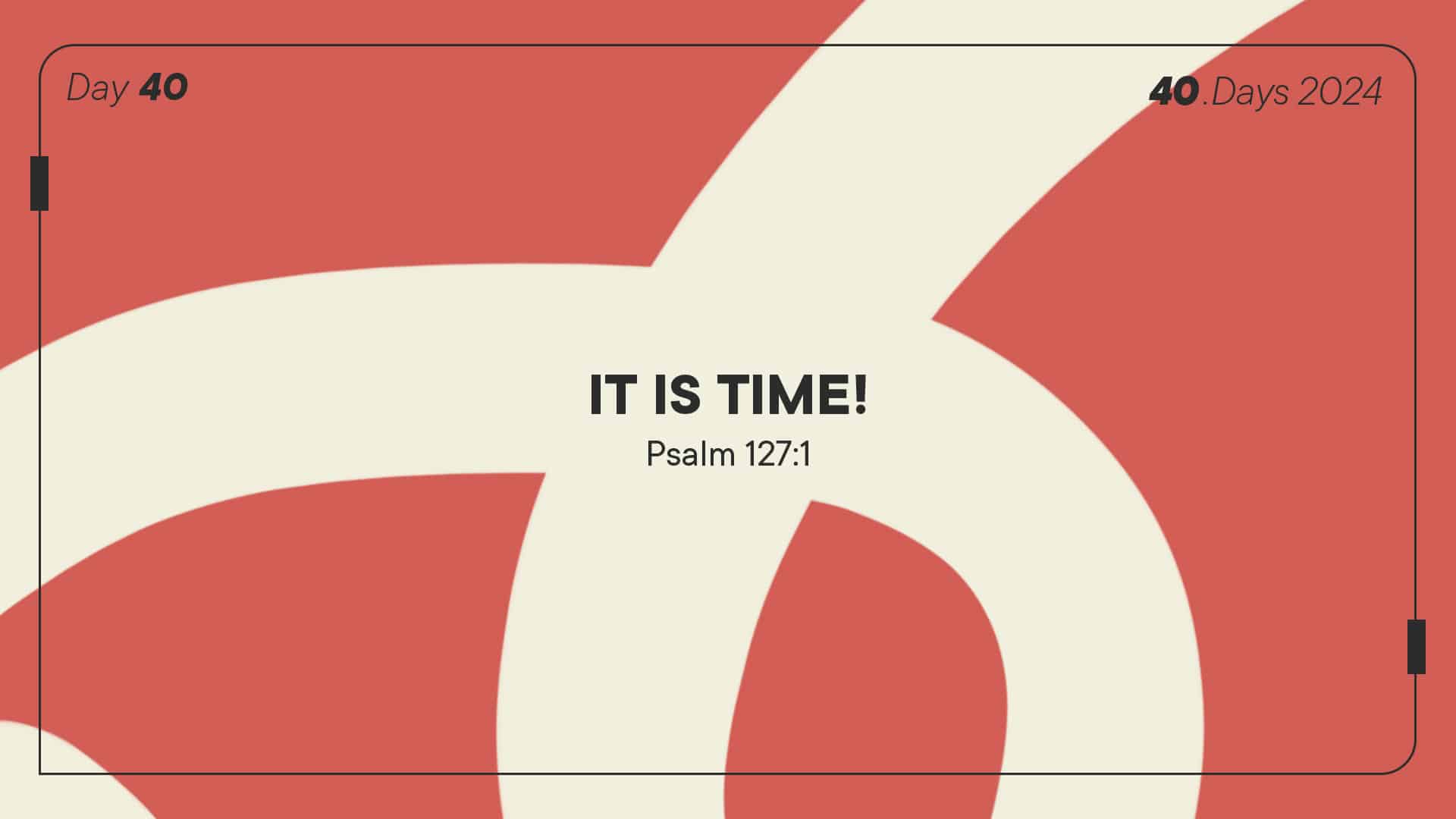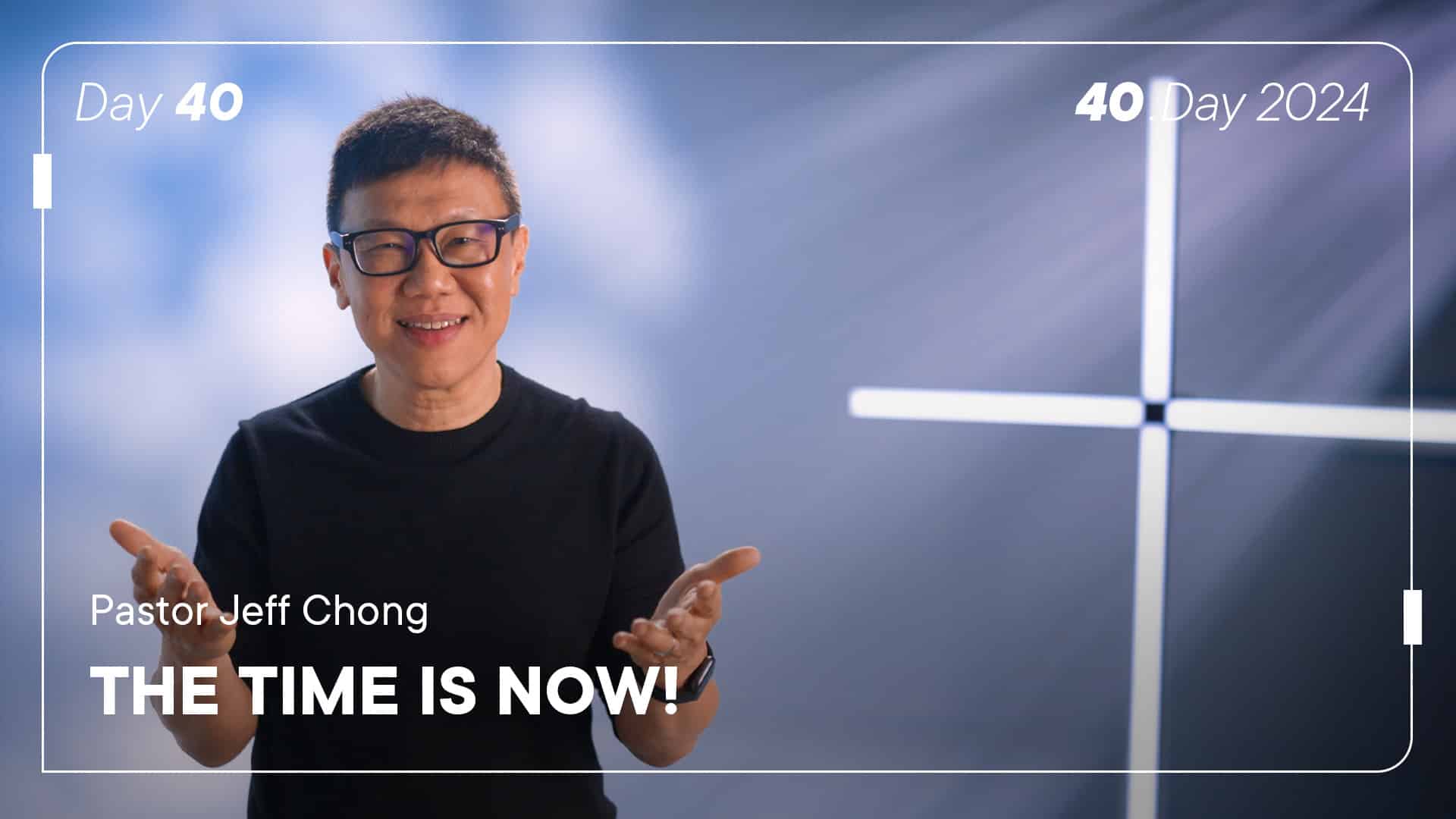
Remember the Lord’s Day.
Paul’s last visit to Troas marks the first account of Christians gathering together on the first day of the week to celebrate the Lord’s Supper and hear the Word of God. This is where the Eucharist begins to replace the Passover, and Sunday begins to replace the Sabbath as the sacred day of rest and worship.
Luke tells the story using the first-person pronoun, “we”. So here we have a medical doctor’s first-hand account of the dramatic death and revival of Eutychus, whose name means “good luck”.
This was Paul’s last sermon in Troas. He made the most of it. Three times our eye-witness author says that Paul went on and on (Acts 20:7, 9, 11). Perhaps Luke himself found it hard staying awake. Oil lamps were filling the stuffy room with smoke and fumes. Eutychus was lucky enough to chope the coveted window-seat for a little ventilation.
The Early Church risked life and limb to gather. What’s your excuse for skipping church?
But after midnight, the young man fell asleep and tumbled from his perch to his unfortunate death three floors below. Cutting his sermon short, Paul went down and raised the boy from the dead in the style of Elijah and Elisha (1 Kings 17:21; 2 Kings 4:34). By morning, Eutychus was ushered out alive and wide awake. Fortunately.
This is one of the few miracles in Acts that occur in a church setting rather than in an evangelistic setting. The end result is not conversion but comfort (Acts 20:12).
The story confirms that signs and wonders are not exclusively for evangelism and missions. They also happen in church.
And why not? Our God is the Father of mercies and God of all comfort, who comforts us in all our affliction, so that we may be able to comfort those who are in any affliction, with the comfort with which we ourselves are comforted by God (2 Corinthians 1:3-4).
The fact that Eutychus could sleep during Paul’s preaching may console speakers today whose long sermons cause drowsiness. And those who sleep in church can also draw a little comfort from this: Anyone caught napping in the Qumran assembly, a strict Jewish sect in Paul’s day, could be expelled for 30 days.
The Church is more magnanimous. But still, try not to sleep through sermons, even if your name is Goodluck.
Remember the Lord’s Day. Keep it holy.
Fast and pray
The humorous side of the Eutychus episode is charming and irresistible. But Luke wasn’t trying to be funny. The story gives us a sober glimpse of community life in the Early Church. They gathered together on the Lord’s Day. They listened to the Word. They celebrated the Eucharist. They communed and conversed all night long.
- Remember the Lord’s Day. Hebrews 10:25 says: Do not abandon the assembling of yourselves together as some are in the habit of doing, but rather, encourage one another all the more as you see the day approaching (Composite Translation). This was written during persecution, when church attendance could cost you not just a tithe but everything (Hebrews 10:32-34; 11:26; 13:13). Even that was no excuse for skipping church. What’s your excuse? Look at Eutychus. Though a young man, [he] was not indifferent, and though being overtaken by sleep, he did not leave (John Chrysostom). Pray: Lord Jesus, forgive me. I use the slightest excuse to absent myself from the regular gathering of Your people. You created us for community. To do life together in mutual care. I confess my independence and indifference. I confront the root issue: I have taken You for granted. I have taken Your family for granted. I really don’t love You deeply enough to care about Your family. I repent. Help me, Lord!
- Remember the Lord’s Word. After midnight, Paul conversed with them a long while, until daybreak (Acts 20:11). The Greek word for converse is homileo as in homily. This carries the meaning of formality as well as intimacy. This was no small talk. They communed and conversed on the things of God, deep calling unto deep. When was the last time you engaged with friends all night long on spiritual things that really matter? Nowadays, this is extremely rare. Virtually extinct, especially in our virtual world of screens and streams. Pray: Lord Jesus, You are the silent listener to every conversation. You hear all our gripes and gossip, our endless chatter about food and fashion, trash and trivia. You record every idle word. You mark those whose conversations are centred on You: Then those who feared the Lord spoke with one another. The Lord paid attention and heard them, and a book of remembrance was written before Him of those who feared the Lord and esteemed His name (Malachi 3:16). Forgive us our silly conversations and shallow digital relationships. Guard our hearts. Cleanse our lips. Lord, remember us.
- Remember the Lord’s Supper. The stated purpose of the gathering in Troas was to break bread (Acts 20:7). The Early Church observed the Eucharist with holy awe. Some who failed to do so paid with their lives (read 1 Corinthians 11:29–30). Pray: Lord Jesus, forgive us for times when we take Communion casually and carelessly. Although we are unworthy, help us to always approach Your table in a worthy manner – examining ourselves, repenting of sin, preserving the unity of the Body and honouring all members of Your family regardless of status. Let every celebration of the Eucharist be a feast of forgiveness and love.
Read the devotional from Day 25: Unfinished business here.
We are an independent, non-profit organisation that relies on the generosity of our readers, such as yourself, to continue serving the kingdom. Every dollar donated goes directly back into our editorial coverage.
Would you consider partnering with us in our kingdom work by supporting us financially, either as a one-off donation, or a recurring pledge?
Support Salt&Light



